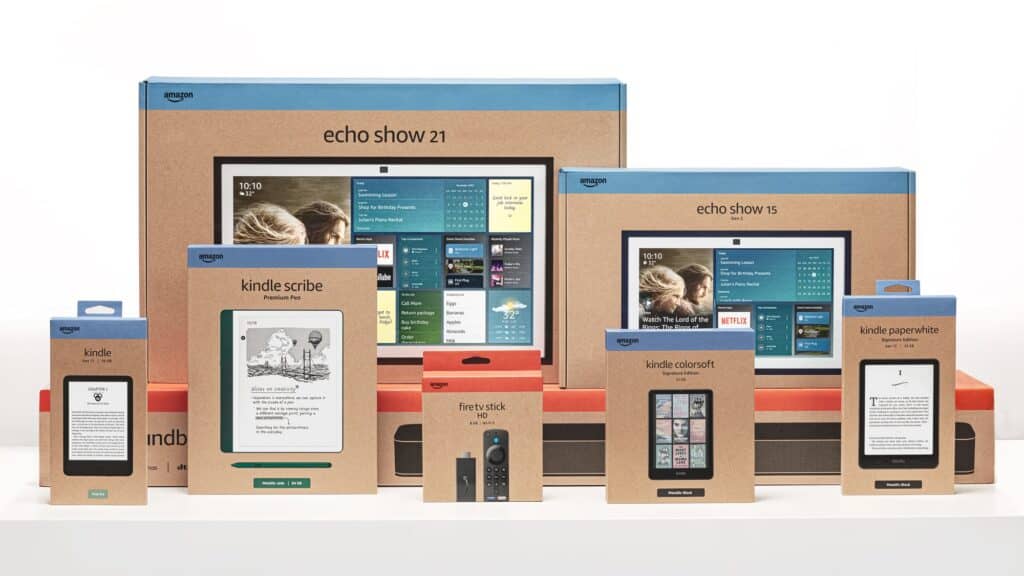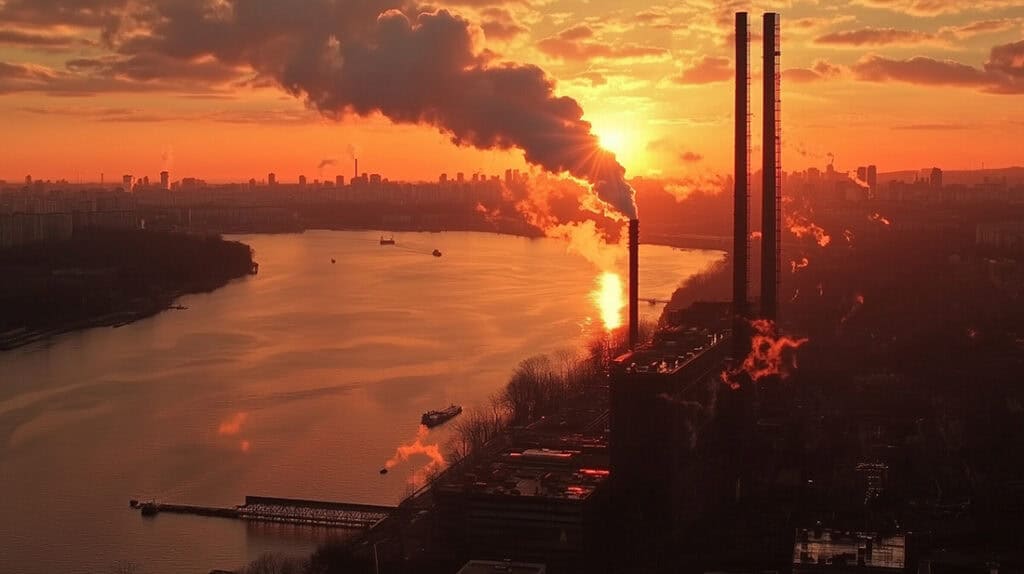Plastic and waste plastic has long been seen as the biggest issue when tackling the environment. There’s no denying that we create far too much plastic waste, and it’s getting in our oceans, killing wildlife, and disrupting ecosystems.
Consequently, there have been calls to ban plastic packaging in shops. The thought behind this is a good one. By removing plastic packaging, this will reduce the amount of waste plastic created by big supermarkets and shops.
Unfortunately, it’s not quite as simple as that. A recent report has been published that argues a blanket ban on all plastic packaging in shops could cause more harm to the environment than good. It seems impossible, but when you look under the surface, you realise why this is an issue.
Some packaging materials are worse than plastic
The key issue is that many shops are switching to materials that end up generating a larger carbon footprint than plastic. As an example, instead of selling drinks in plastic bottles, some shops are switching to glass. In theory, this makes them a lot easier to recycle. The issue is that glass is much heavier than plastic, which means it’s more polluting for a truck to transport all the glass to a recycling centre.
Then, we have a favourite plastic swap-out; paper. Paper bags are growing in popularity, but they actually generate higher carbon emissions when manufactured. Not only that but their lack of durability means they can’t be re-used as often as plastic.
So, while you may reduce the amount of plastic waste, you can end up increasing carbon emissions and being guilty of other non-environmentally-friendly practices.
A lack of proper understanding
Throughout the report – which was put together by a group called Plastic Promises – it was found that there’s a general lack of understanding surrounding plastic recycling and other recycling methods.
Effectively, people are unaware of what certain things mean. For example, if they see something as biodegradable, then they assume it can be thrown on the floor or put in a compost bin. In reality, a lot of products that are labelled as such can only be composted in proper industrial machines.
It’s not just the general public that is guilty of misunderstanding these things, it’s the shops too. Most supermarkets sell alternatives to plastic packaging with the belief that they’re doing a good thing. Realistically, they’ve not researched the alternatives as much as they should, or they don’t fully understand everything about them. This leads to packaging products in coated cartons and claiming they’re recyclable. Unfortunately, statistics show that the UK can only recycle around a third of these containers.
Therefore, we end up in a situation where shops are producing tonnes of packaging waste that can’t even be recycled. So, what happens? It ends up going to landfill sites. More to the point, people put these things in with other recyclable items, so it contaminates the recycling. In the end, we recycle far less than if the packaging was made out of plastic. Yes, there’s too much plastic waste, but plastic recycling is much easier than other methods for other materials. Plus, you can often re-use plastic packaging and plastic bags over and over again.
What’s the solution?
After looking at this, you can see how we’re in a tricky situation. We know that plastic waste must be reduced. There’s too much in the oceans, it’s killing animals, it can’t continue. At the same time, we know that banning plastic won’t do much. In fact, it will create more issues for the environment and raise carbon emissions.
Thus, the solution is to look more at how people can move away from single-use plastic packaging. The government is thinking about implementing new initiatives where people can return plastic items to stores, and they’ll be re-used. Likewise, people should be educated on how that can re-use plastic packaging to get more out of it.
We shouldn’t completely ignore alternative packaging ideas either. Again, a lot of the focus revolves around education. Companies and people should be educated in different packaging materials and how they can be recycled. This prevents instances where shops use packaging and label it as compostable or recyclable when it’s actually not.
All in all, this new report revealed a lot about plastic packaging and recycled plastic. The main takeaway is that we can’t combat the problem by just removing plastic from shops. It won’t work, and it will harm the environment even more. Instead, we should look at educating people on plastic recycling and encouraging individuals to re-use their packaging materials, while still looking at alternative materials – as long as they’re better for the environment than plastic.







